

We may earn revenue from the products available on this page and participate in affiliate programs. Learn More ›
If you’re putting your house on the market, you’re probably anxious to sell it quickly and move on, but you also want to get the best possible price. You want to do everything you can to make your house shine in a year where interest rates have crept up to as high as 7.79 percent—and buyers might be more selective, and you may be tempted to embellish or exaggerate your home’s features. However, real estate agent Shelley Dahlman of Towers Realty in Austin, Texas, urges caution: “Be very careful not to include anything that could be construed as misleading.”
Setting unreasonable terms or misrepresenting your property can anger or discourage potential buyers, possibly even causing a buyer to walk away from a contract. If you want the sale of your home to go smoothly, here’s what not to say in your listing.
1. “Our asking price is firm.”

Some sellers don’t like haggling, so they publish their bottom-dollar price and then plan to refuse to budge. While that might work in a super-hot housing market, stating that you won’t negotiate on your asking price will deter many potential buyers from bothering to look at your house.
“Stating that the asking price is firm may rule out prospective buyers right away,” says Dahlman. “Being open to sales price conversation can allow a seller to achieve their sales price goals while considering the full context of the other terms within the offer.” In a typical real estate deal, after the initial offer and subsequent counteroffers, the final agreed-upon sales price is often 5 to 6 percent below the original asking price. To increase the odds that you will end up at the price you want, have your house professionally appraised or have your real estate agent provide a comparative market analysis, and then set your asking price slightly higher to give some room for negotiation.
RELATED: 15 of the Cheapest Places to Buy a House in the U.S.
2. “This house is huuuuge.”

Square footage is easy get wrong if you have a home with a sloped ceiling in a finished attic or loft. According to Fannie Mae and the American National Standards Institute (ANSI) you should count the floor area only where the ceiling is 5 feet high or higher, meaning, according to these guidelines, you shouldn’t include any square footage beneath the low edges of sloped attic rooms as “living space” on your real estate listing. However, according to Dahlman, best and common practices vary in different regions of the country, and your real estate agent can best guide you on what’s appropriate for your area.
RELATED: 14 Telltale Signs That a House Will Be Going on the Market
3. “This basement space counts as a bedroom.”
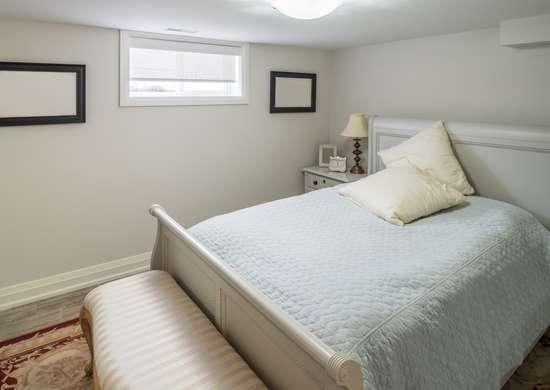
You probably know you shouldn’t include basement square footage when you’re calculating your house’s total living space, but you may not know that you also shouldn’t include basement bedrooms in the total, either.
There are other situations where you shouldn’t call a room a bedroom. “Sometimes sellers will say it’s a four-bedroom home, but in reality it’s a three-bedroom home and they’ve converted a space that does not have convenient access to a bathroom, for example,” says Dahlman. “Or they utilize an office as a bedroom, but it has no closet and it has transparent French doors.” If you want to let buyers know about extra space—for example, if you have three bedrooms upstairs and two in the basement—list your house as having “3+ bedrooms,” and then in the full description of the property, explain the extra space.
RELATED: 15 Signs That Fixer-Upper Might Be a Money Pit
4. “I won’t accept contingent offers.”

A contingent offer is an offer made by someone who wants to buy your house but may require additional time to arrange financing, or may need to sell an existing home before closing on yours. While you may grimace at contingent offers, don’t exclude them right off the bat. “Being open and considering all terms of a prospective offer can be the best recipe for securing a fantastic offer for a seller,” asserts Dahlman.
If you like the other terms a buyer is offering, accept the offer but insist on a first right of refusal. That way, although your house is under contract, you can continue to show it to other prospective buyers. If you get a better offer, the first buyer must find a way to remove the contingency and purchase your house within a set time.
5. “We’re only selling if we find a new home.”
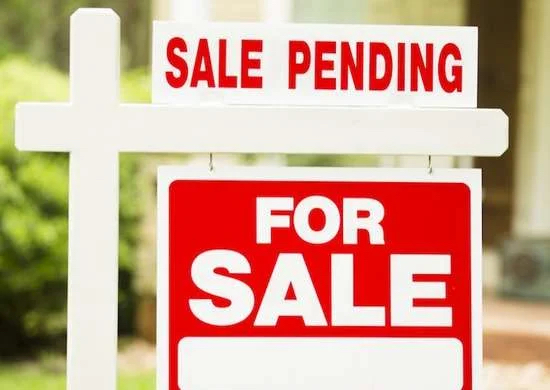
If you really want to sell your house, don’t tell potential buyers that you won’t sell until you find a new home that you like. We get it—no one wants to move out of a house until they know they have a new one to move into, but buyers don’t like making offers on homes they might not ultimately be permitted to buy. Instead, ask for an extended closing period, such as 60 to 90 days, instead of the traditional 30 days. If you find a new home, you can close earlier; if not, you’ll have bought yourself a little more time to house shop.
6. “All appliances are included.”
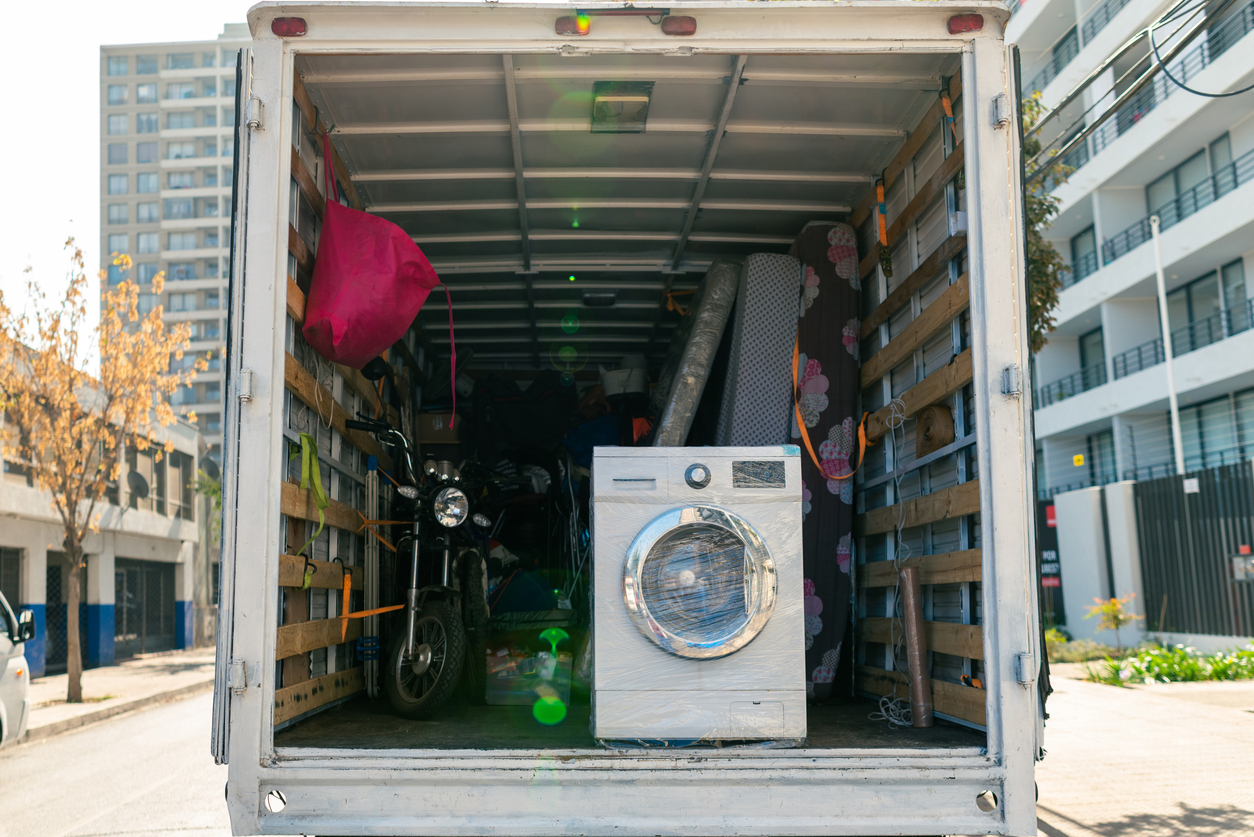
Moving large appliances like refrigerators and ranges is a pain in the neck, so many sellers prefer to leave their appliances and buy new ones for their new home. That’s fine, just don’t list them as “going with the house.” You’ll miss out on a great bargaining opportunity by doing so, says Dahlman. If, during the negotiating process, the buyers ask you to leave the washer and dryer, for example, you can acquiesce but use them as a bargaining chip to get out of having to make repairs or other concessions.
Furthermore, including appliances may mean they’re subject to inspection, and if one of them doesn’t make the grade, the buyer could be able to back out of the contract.
RELATED: Guide to Buying Older Homes by Decade
7. “Our basement never floods.”

Don’t fudge on your house’s material facts. Buyers rely on the information in your listing, and if you misstate the age of the house, exaggerate the size of the lot, or even falsely characterize the neighborhood as “safe” when it’s actually prone to frequent burglaries, you could lose a potential buyer. At worst, you could be facing a lawsuit for misrepresentation. Be honest and double-check your listing for typos: A buyer who thinks you have 20 acres won’t be happy to discover you have just 2.
8. “We’re selling the house as-is.”

When potential buyers see “as is” in a real estate listing, they picture a dilapidated home with a sinking foundation and a leaky roof. “When you say something like ‘as is,’ you immediately rule out a large portion of your buyer pool,” says Dahlman, “because some people may not want to fuss with a full-on renovation.” If your home could use some repairs but you’re not inclined to tackle the projects yourself, don’t draw attention to the problems by saying “as is.” Instead, list your home’s strong points, then detail its defects in a separate disclosure form that potential buyers will see prior to making an offer.
9. “We’re really motivated to sell.”

At least, don’t start out by stating that you’re a “motivated seller.” The term smells of desperation and could encourage prospective buyers to make lowball offers because they think you’ll have to take the deal. Rather, describe your house to the best of your ability and don’t overprice it. Odds are, if the housing market is stable in your community and houses similar to yours are selling well, you could get a decent offer in the first few weeks that could net you thousands of dollars more than if you had claimed up front that you were “motivated.”
10. “A great opportunity on this cozy, vintage bargain!”

Word choice speaks volumes about your home’s condition, especially when you use euphemisms. Terms like “nice,” “potential,” “bargain,” and “opportunity,” all send warning signals that your dwelling is, in fact, less than ideal. Even descriptors like “cozy,” “custom-built,” and “vintage” could be code for small rooms and dated interiors.
RELATED: 30 Things to Remember When on the Hunt for a New Home
11. “This is a rad bachelor pad.”

By choosing neutral and inclusive language, you can ensure that no potential buyer is excluded. Expressions like “family home” or “great for newlyweds” are no longer recommended and may violate fair housing standards or local realty guidelines. Gender-specific terms can also deter potential buyers, so nix phrases like “his-and-hers closets” and “bachelor pad.”
12. “Spacious home in a great neighborhood.”
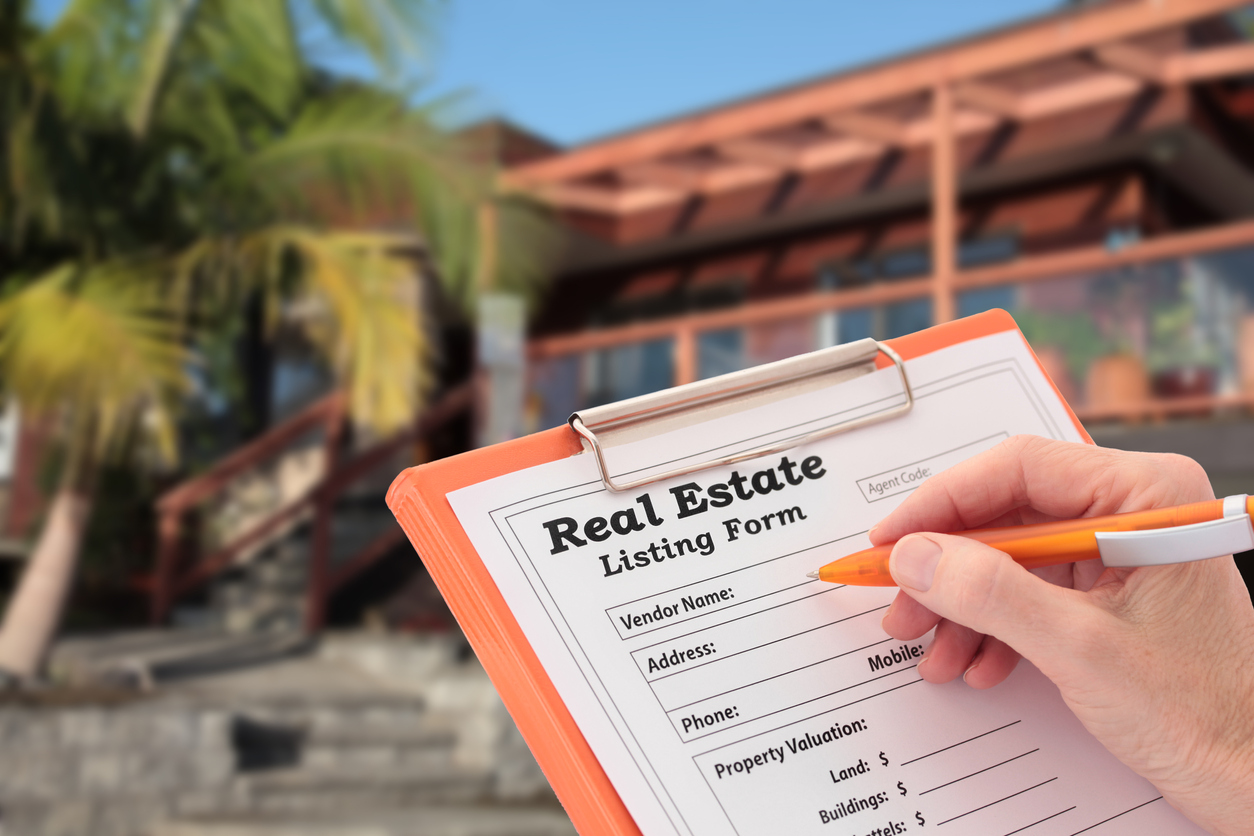
While you may be tempted to boost enthusiasm for your property with exclamation points and flowery prose, beware! Real estate listings should be written cleanly and professionally. Certain adjectives have been correlated with lower home sale prices. The top fluff to eliminate? “Spacious,” “fantastic,” “charming,” and “great neighborhood.”
13. “Buyer is required to verify permits.”
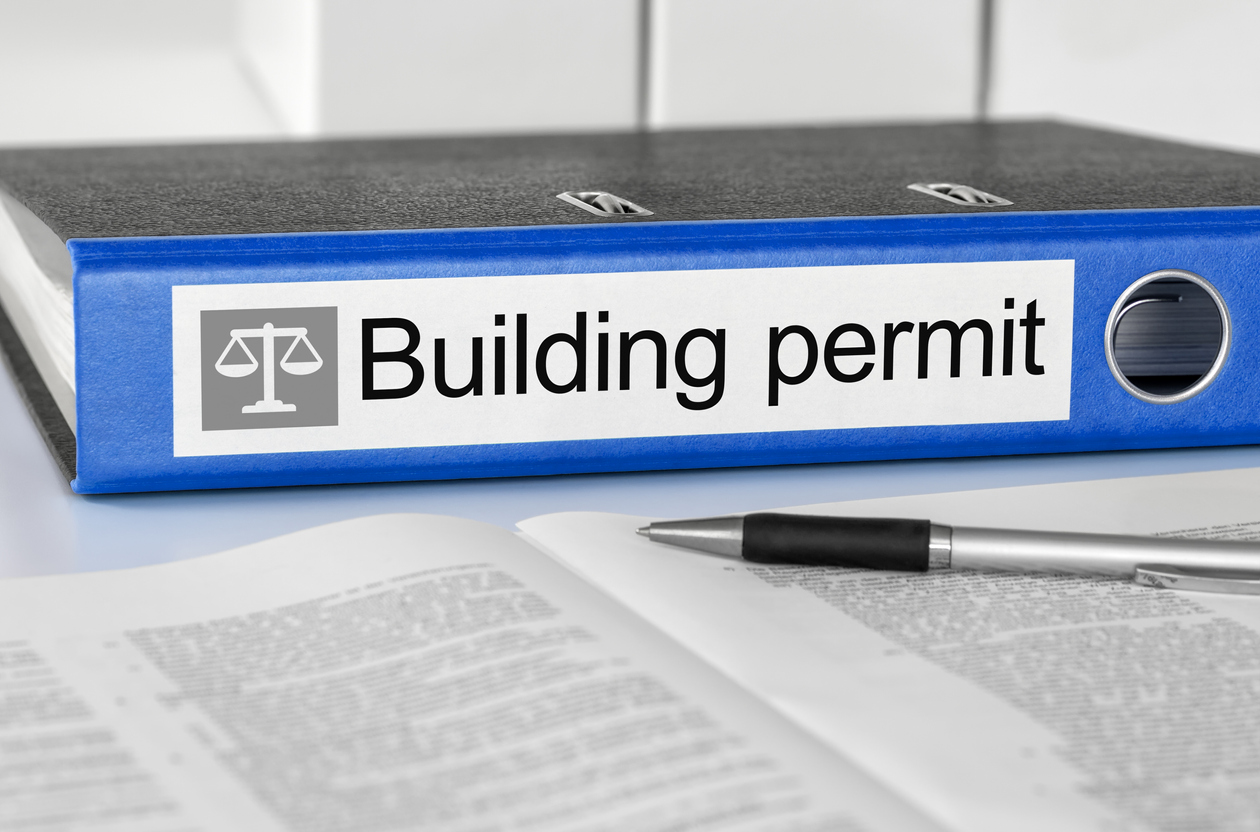
Yes, you want to be honest. But don’t scare off potential buyers with the phrase “buyers to verify permits.” This could spell out a legal headache or additional costs for new owners. For example, a buyer may need to pay additional licensing costs for home additions or other renovations – beyond the listed price.
RELATED: What Happens if You Remodel a Home Without a Permit?
14. “Buyers must be pre-approved.”

You limit your pool of potential buyers when you require financing pre-approval. “Many homebuyers are still sorting out their financing, and it is perfectly reasonable that a buyer is still in the prequalification phase or working toward preapproval,” Dahlman says. “Securing financing can be accomplished in a timely manner even if they don’t have the firm details sorted out when they make an offer on a home.”
15. “This is a purdy hawse.”

Dahlman stresses the importance of professional writing, editing, and proofreading. “Putting your best foot forward is always important,” she says. “If there are typos in a listing, a prospective buyer may question the attention to detail all around.” Some real estate agents are great writers and will work with you to craft a well-written, error-free listing. Others know writing isn’t their strong suit and have professional writers on standby who can help to create a well-written listing.
16. “Follow this link to read 10,000 more words about this property.”

Dahlman says that listing descriptions should be on the shorter side. “Long listing descriptions with boring details and repetitive information won’t often do a property justice,” she says. “Hit the highlights in a factual way, and encourage prospective buyers to come and see the home in person.”
A Final Note About Photography
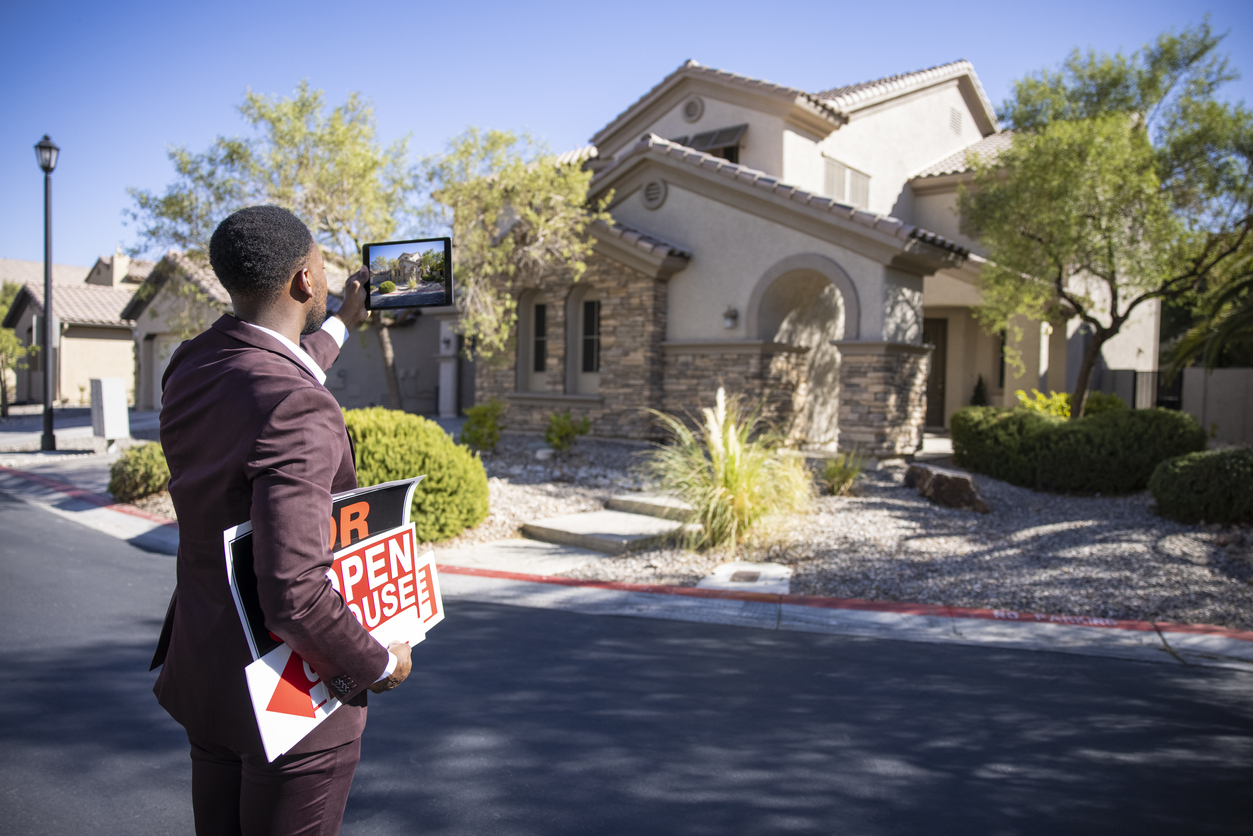
Unless you’re a professional photographer, you almost certainly want to hire one to take photos of your home, whether it’s for sale or lease. “Photographs are key,” says Dahlman. “Smartphones are great, but it’s easy to tell when listing images weren’t professionally done.” Your listing description could be 100 percent perfect, but without good images you send a clear signal: We’re not house-proud. Hiring a professional photographer is the best way to show off the best of your space. “Splurge for a professional photographer,” says Dahlman, “so you don’t get an image like the one I saw a while back, which showed a toilet in the bathtub!”
Also communicate with the photographer so he or she knows what you plan to emphasize in the property listing. If your backyard is described as an “English garden,” be sure to include photos showing off this piece of paradise. The same goes for interior rooms and any features you particularly wish to highlight. Always back up your claims with photographic evidence. Potential buyers will sense a scam if a listing’s text and photos don’t match up.
